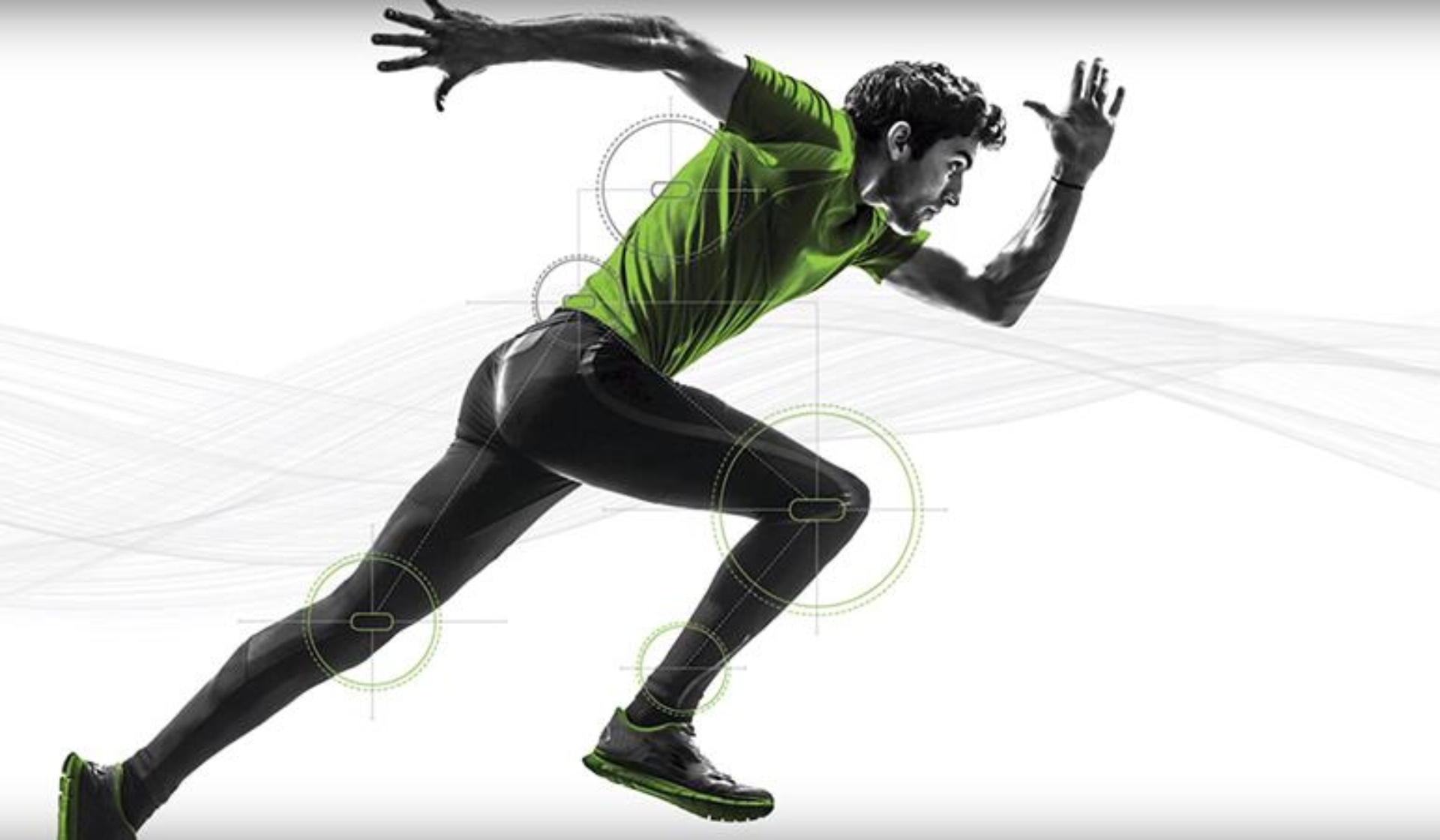Sports specific Evaluation

About Sports specific Evaluation
Sports-specific evaluation is crucial for identifying the unique training needs of athletes based on their chosen sporting activity. Here are some key components of a sports-specific evaluation that can help narrow down training needs:
Assess the athlete’s movement patterns specific to their sport. This may involve observing their technique during key movements such as running, jumping, cutting, throwing, or swinging. Identify any biomechanical inefficiencies or asymmetries that could lead to injury or hinder performance.
- Use standardized tests like the Functional Movement Screen to evaluate fundamental movement patterns such as squatting, lunging, and rotating. This can help identify areas of mobility, stability, or motor control deficits that need to be addressed through training.
- Evaluate the athlete’s proficiency in sport-specific skills such as dribbling, shooting, tackling, or serving. Identify areas where technical refinement or tactical understanding is lacking, which can inform training priorities.
- Measure the athlete’s strength and power levels using tests like the squat, deadlift, bench press, vertical jump, or sprinting speed. Determine whether the athlete needs to focus on developing maximal strength, explosive power, or strength-endurance based on the demands of their sport.
Assess the athlete’s flexibility and joint mobility, particularly in areas relevant to their sport. Tightness or restricted range of motion can impact performance and increase the risk of injury, so targeted flexibility training may be necessary.
Determine the athlete’s aerobic and anaerobic fitness levels through tests like the beep test, shuttle run, or VO2 max assessment. Tailor conditioning programs to improve endurance, speed, agility, or recovery capacity based on the specific demands of the sport.
Consider the athlete’s injury history and any predisposing factors for injury, such as previous musculoskeletal imbalances or weaknesses. Design injury prevention strategies and rehabilitation exercises to address these risk factors and minimize the likelihood of future injuries.
Consider the athlete’s dietary habits, hydration status, sleep quality, and recovery practices. Optimize nutrition and recovery strategies to support training adaptation, enhance performance, and minimize the risk of overtraining or burnout.
By conducting a comprehensive sports-specific evaluation encompassing these key areas, coaches and trainers can gather valuable information to tailor training programs that address the individual needs and goals of each athlete. This targeted approach can optimize performance, reduce the risk of injury, and support long-term athletic development in their chosen sport.
Evaluation
Contact Us
- 21/1, Kellys Road, Kilpauk, Chennai - 600010, Tamil Nadu, INDIA
- +91 95667 88054
- alignpeakphysio@gmail.com
